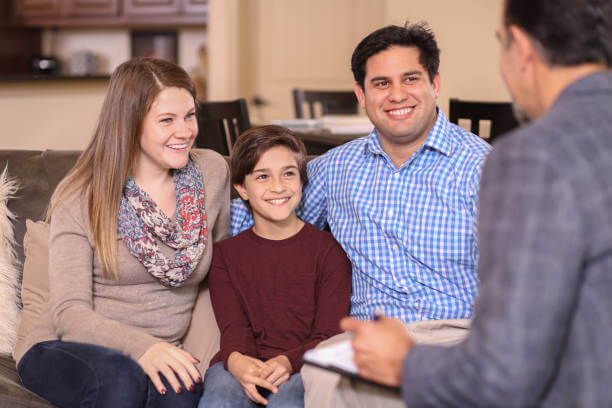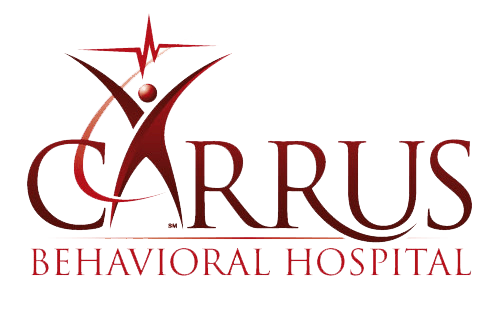
Family therapy, also known as family counseling, focuses on improving the relationship between family members of a patient in the context of treating a patient’s mental health issues. It involves the participation of family members in sessions, with the goal of helping a patient recover from behavioral issues such as self-endangering habits and anger management issues. This form of talk therapy between family members can be very effective, as evidence shows behavioral issues are influenced by the behaviors of other family members.
Communication is at the heart of effective family therapy. The way a family communicates with each other serves as the foundation for understanding, resolving conflicts, and fostering healthy relationships with each other. Therefore, for family therapy to be effective, all members must work collectively to help the patient achieve the best outcomes from treatment.
What is Family Therapy?
Family therapy is a therapeutic approach that acknowledges the interconnectedness of family members and their influence on each other’s emotions, behaviors, and well-being. The family therapist helps members identify and address underlying family patterns, dynamics, and communication styles that may contribute to distress or dysfunction within the unit.
Family therapists take a view of the family as a whole. Rather than focusing on individual issues, they work collaboratively with family members to promote open communication, healing, and longer-lasting change.
What Exactly Does Communication Entail in Family Therapy?
Communication in family therapy encompasses much more than simply exchanging words. It includes the following:
- Verbal and non-verbal expressions, such as tone of voice, body language, and facial expressions
- Active listening, empathy, and validation of each family member’s experiences and feelings
- Freely expressing emotions constructively to other members of the family
- Saying things with respect, and being respectful of what each member of the family is saying
In family therapy, therapists help family members with the following issues:
Passive Listening
Family therapists encourage active listening, where each family member genuinely listens to one another without interrupting or passing judgment on the person. Planning what to say next is one example of not actively listening.
Difficulty Expressing Emotions
Therapists help family members learn to express their emotions openly, be okay with being vulnerable, and understand the emotional needs of each family member. This enhances empathy and strengthens emotional connections.
Identifying Negative Patterns
Communication in family therapy helps identify negative communication patterns, such as criticism, defensiveness, and stonewalling, all of which contribute to conflict within the family. Affirmations are one way to create positive communication with other family members.
Conflict Resolution
Sessions in effective communication allow family members to address conflicts constructively and find mutually acceptable solutions for a path forward. Timing more serious discussions is important to minimize tension.
Setting Boundaries
Healthy communication aids in establishing and respecting individual boundaries within the family, promoting a healthier, more balanced family dynamic. Acknowledging the uniqueness of the individual can go a long way in setting boundaries.
Communication is instrumental in addressing various issues within the family system, including breakdowns in communication, family conflict, anger, and resentment, and dysfunctional family dynamics. Communication issues between parents and their children can lead to issues with discipline, unresolved anger and resentment, and behavioral issues.
Family therapy provides a platform for parents and children to express themselves openly and work towards strengthening their bond and helping children resolve their mental health concerns.
Family Therapy in Sherman, TX
Our highly experienced and compassionate mental health specialists at Carrus Behavioral Hospital specialize in child and adolescent behavioral care. Your child’s care team will be led by a board-certified psychiatrist and may include a licensed family therapist, a board-certified pediatrician, and other specialists. When your child returns home after rehabilitation, the goal is for them to have a strong family support system.
Communication activities are part of our comprehensive family therapy plans. Find out how we can help restore your child to a healthier and happier version of themself. To schedule a consultation, call our office today at (903) 870-2600.

